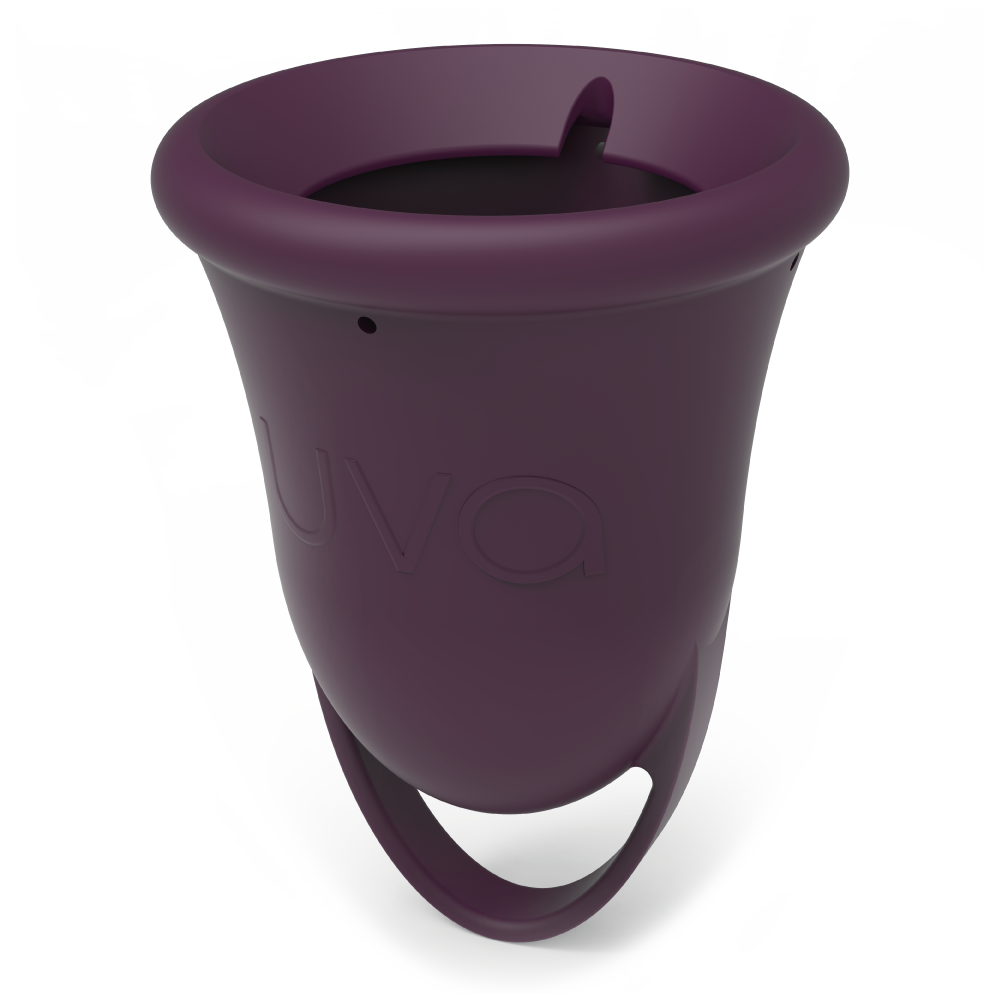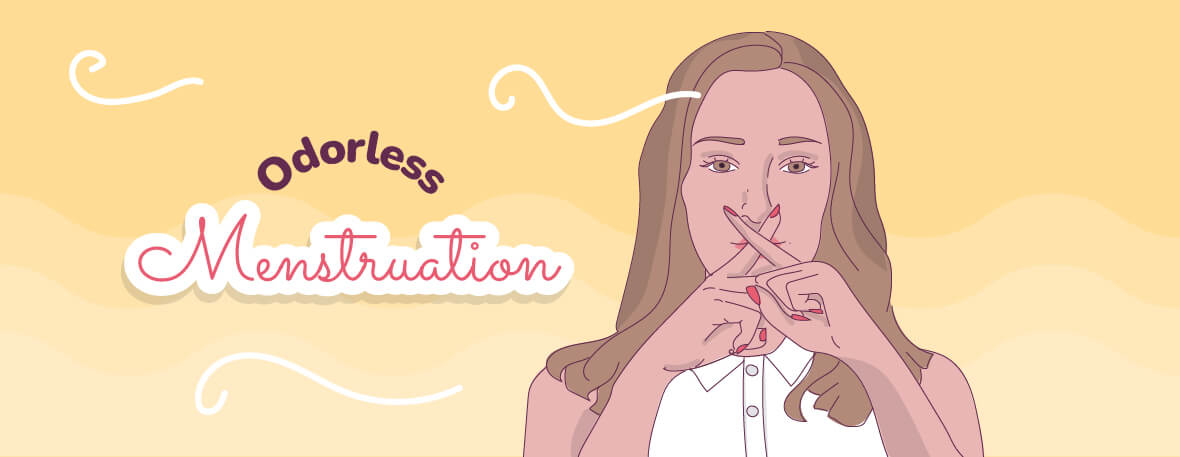 Store
StoreRECOMMENDED PRODUCT
Uva Menstrual Cup
Ultra-soft silicone for your comfort and peace of mind.
$29.99

 How to use the cup
How to use the cup- FAQ
- Blog
 Store
StoreRECOMMENDED PRODUCT
Uva Menstrual Cup
Ultra-soft silicone for your comfort and peace of mind.
$29.99

 How to use the cup
How to use the cup- FAQ
- Blog

How to Have Odorless Menstruation
Menstruation is a natural part of the female reproductive cycle, and although it is a common biological process, there are many myths and ignorance about it. One of the aspects that generates curiosity and, sometimes, concern is the issue of odor during menstruation. In this article, we’re going to explore what it means to have odorless periods, why it can occur, and how it relates to women’s health.
The menstrual cycle can vary from woman to woman, and can also change throughout a woman’s life. Despite these variations, certain characteristics are considered normal, and one of them is the presence of a slight odor during menstruation. However, some women report experiencing odorless menstruation, which can be both a sign of good health and a sign of a condition that requires medical attention.
Factors That Influence the Absence of Odor During Menstruation
It is important to understand that several factors can influence this characteristic. From diet and lifestyle to bacterial flora and vaginal pH, they all play a role in the smell of your period. Below, we’ll break down these factors and how they can contribute to odor-free periods.
Personal Hygiene and Menstruation
Personal hygiene is essential to maintaining a pleasant body odor, and this includes intimate hygiene during menstruation. Using appropriate products, such as good quality pads and tampons, and changing them frequently can help reduce any odor. In addition, regularly washing the intimate area with gentle, specific products can maintain the pH balance and prevent strong odors.
Diet and Lifestyle
What we eat can also affect the smell of our periods. Foods like garlic, onions, and strong spices can alter body odor, and this includes menstrual odor. On the other hand, maintaining a balanced diet rich in fruits and vegetables can contribute to less smelly menstruation. Additionally, drinking enough water helps eliminate toxins from the body, which can also influence the smell of menstruation.
Vaginal Health
The balance of the bacterial flora in the vagina is crucial for intimate health. An imbalance can lead to infections such as bacterial vaginosis, which is characterized by a strong, unpleasant odor. Therefore, an odorless menstruation could indicate that the vaginal flora is in a healthy and balanced state. However, it is important to consult a gynecologist if there are significant changes in odor during menstruation, as it could be indicative of an infection or underlying condition.
Benefits of Odorless Menstruation
Not only is this a possible sign of good intimate health, but it can also have a positive impact on a woman’s daily life. The absence of a noticeable odor during menstruation can increase confidence and comfort, reduce social anxiety, and improve quality of life. Additionally, it can make it easier to track menstrual health and identify potential health problems.
Self-esteem and Emotional Well-being
For many women, concerns about odor during menstruation can be a source of stress and anxiety. An odorless period can help improve self-esteem and emotional well-being, eliminating potential worry about the body’s functioning.
Intimate and Social Relationships
Comfort with one’s own body can influence intimate and social relationships. An odorless period can make women feel more comfortable during their periods, which can have a positive effect on their interactions and relationships.
Tips to Maintain Painless Menstruation
While the presence of a slight odor during menstruation is normal, there are steps women can take to minimize the odor and maintain an odor-free period. These include personal hygiene practices, choosing appropriate menstrual products, and attention to diet and lifestyle.
Recommended Hygiene Practices
Good intimate hygiene is essential. This includes regularly changing menstrual products, cleaning the vaginal area with specific and gentle products, and wearing cotton underwear that allows perspiration and reduces humidity.
Selection of Menstrual Products
The choice of menstrual products can also influence the smell. Products like menstrual cups or cloth pads can be more environmentally friendly options and also help reduce odor, as they allow less exposure of menstrual flow to the air, which can decrease the intensity of the odor.
Attention to Diet and Supplements
A balanced diet and adequate water consumption are key to overall health, including menstrual health. Avoiding foods that can alter body odor and increasing your intake of foods rich in antioxidants can be beneficial. Additionally, some supplements, such as folic acid and magnesium, can also contribute to healthier menstruation.
In short, an odorless period can be a sign of good intimate health and a healthy lifestyle. Women must be informed about their menstrual cycle and the variations they may experience. It is always recommended to consult with a health professional if you have any questions or significant changes in the menstrual cycle. Menstruation is a natural process, and talking about it openly and without taboos is important for women’s health and well-being.











